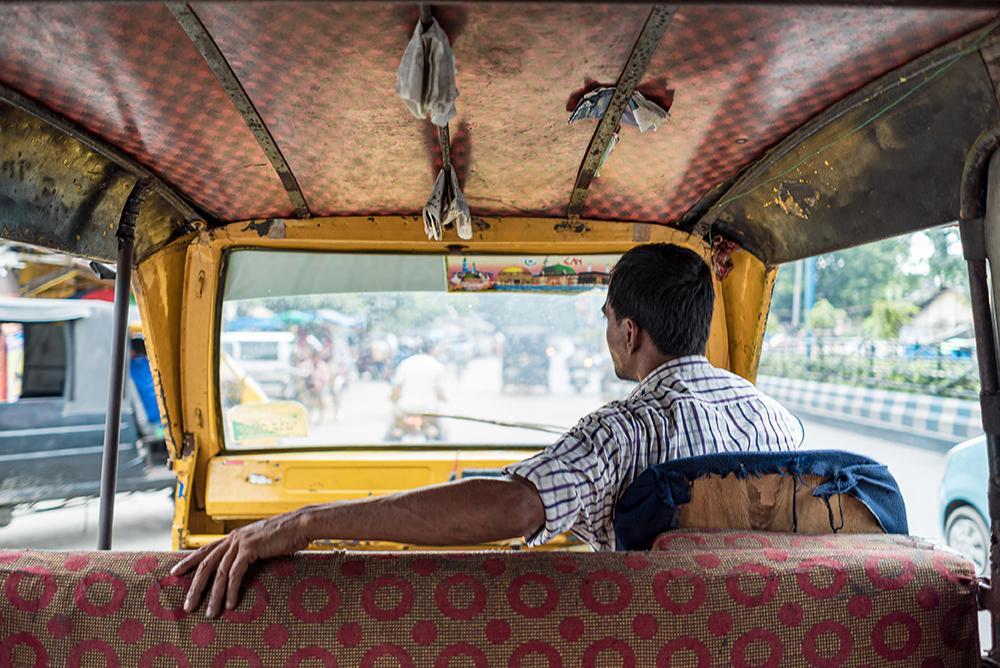The rise of cashless technology in India: implications and inclusion for transport workers

New policy briefings on the challenges, adaptations and opportunities for auto-rickshaw transport services and digital payment systems and financial inclusion for auto-rickshaw transport operator-drivers in India have been published by the PEAK Urban research programme.
These research briefs outline the implication of digital payment technologies and credit scoring in financial inclusion for self-employed workers and micro-enterprises. Here, we focus on operators of auto-rickshaw transport services in Bengaluru, India. Despite innovations in financial technologies and the entry of platform-based trip aggregator platforms, Ola and Uber, there are challenges for operator-drivers in using digital payment systems.
Appropriate ways to ensure transitions to less-cash-based economies are recommended for economic, urban, transport and labour policymakers, 'fintech' regulators and companies, platform aggregators, and civic society who engage with labour policy and standards. We also highlight opportunities for auto-rickshaw taxi driver workers' unions and civil society organisations to promote operator-drivers' financial inclusion and raise awareness of the risks and limitations of digital payment and platform technologies.
- Can India create the conditions for micro enterprises and self-employed to go cashless? Policy Briefing, April 2021.
- Digital payment systems and financial inclusion for auto-rickshaw transport operator-drivers in India Policy Briefing, April 2021.
Find out more about PEAK Urban
The rise of cashless technology in India: implications and inclusion for transport workers
New policy briefings on the challenges, adaptations and opportunities for auto-rickshaw transport services and digital payment systems and financial inclusion for auto-rickshaw transport operator-drivers in India have been published by the PEAK Urban research programme.


